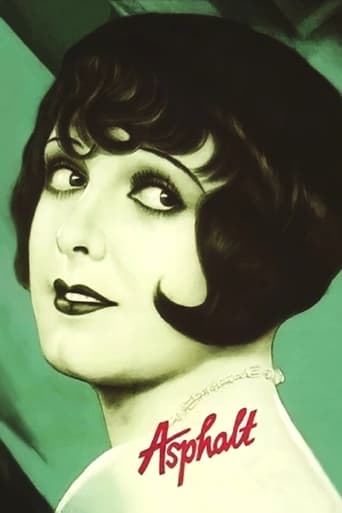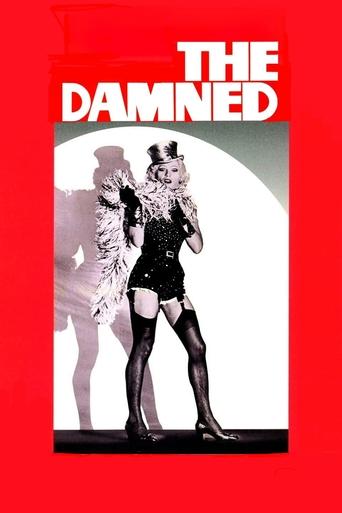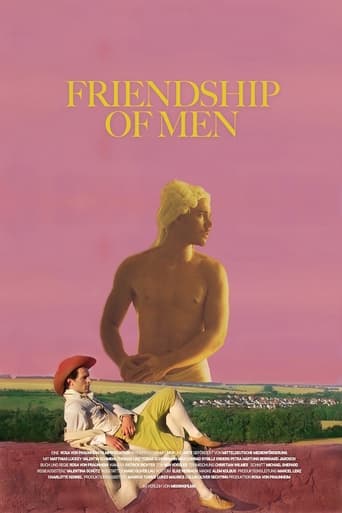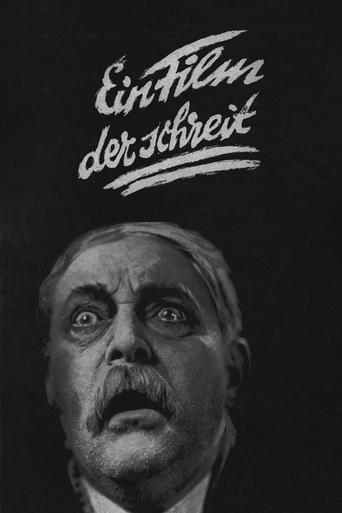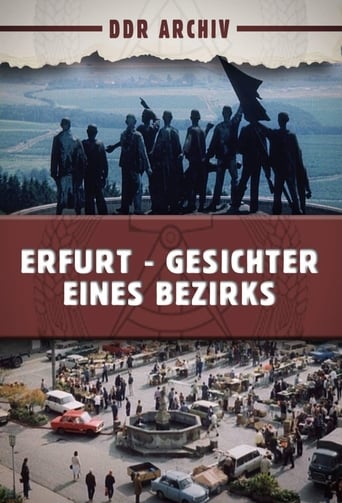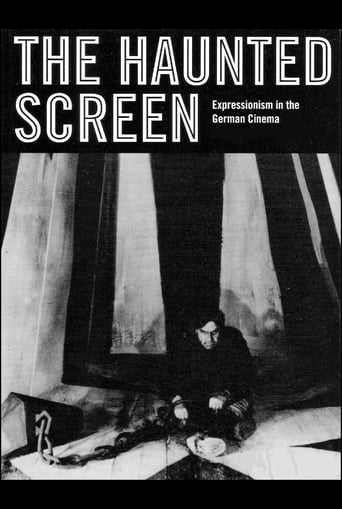Asphalt 1929
One of the last great German Expressionist films of the silent era, Joe May’s Asphalt is a love story set in the traffic-strewn Berlin of the late 1920s. Starring the delectable Betty Amann in her most famous leading role, Asphalt is a luxuriously produced UFA classic where tragic liaisons and fatal encounters are shaped alongside the constant roar of traffic.
